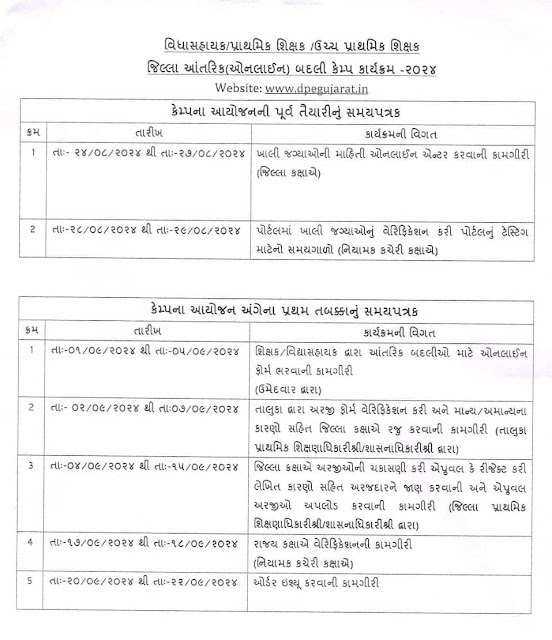Tat secondary exam mate na call letter starts click here for download
CLICK HERE FOR DOWNLOAD call letter
Confirmation number bhuli gaya cho to niche ni link par click kari ne jano
CLICK HERE FOR VIEW confirmation number
CLICK HERE FOR DOWNLOAD call letter
Confirmation number bhuli gaya cho to niche ni link par click kari ne jano
CLICK HERE FOR VIEW confirmation number
January (in Latin, Ianuarius) is named after the Latin word for door (ianua), since January is the door to the year and an opening to new beginnings. The month is conventionally thought of as being named after Janus, the god of beginnings and transitions in Roman mythology, but according to ancient Roman farmers' almanacs Juno was the tutelary deityof the month.[1]
Traditionally, the original Roman calendarconsisted of 10 months totaling 304 days, winter being considered a month-less period. Around 713 BC, the semi-mythical successor of Romulus, King Numa Pompilius, is supposed to have added the months of January and February, so that the calendar covered a standard lunar year (354 days). Although March was originally the first month in the old Roman calendar, January became the first month of the calendar year either under Numa or under the Decemvirs about 450 BC (Roman writers differ). In contrast, each specific calendar year was identified by the names of the two consuls, who entered office on May 1[citation needed] or March 15 until 153 BC, from when they entered office on January 1.
Various Christian feast dates were used for the New Year in Europe during the Middle Ages, including March 25 (Feast of the Annunciation) and December 25. However, medieval calendars were still displayed in the Roman fashion with twelve columns from January to December. Beginning in the 16th century, European countries began officially making January 1 the start of the New Year once again—sometimes called Circumcision Style because this was the date of the Feast of the Circumcision, being the seventh day after December 25.
Historical names for January include its original Roman designation, Ianuarius, the Saxon term Wulf-monath (meaning "wolf month") and Charlemagne's designation Wintarmanoth ("winter / cold month"). In Slovene, it is traditionally called prosinec. The name, associated with millet bread and the act of asking for something, was first written in 1466 in the Škofja Loka manuscript.



